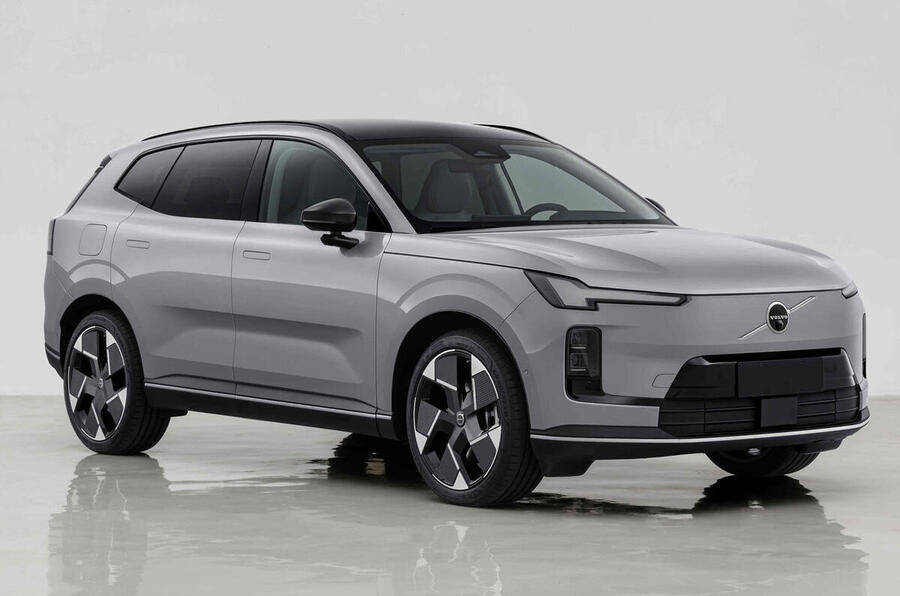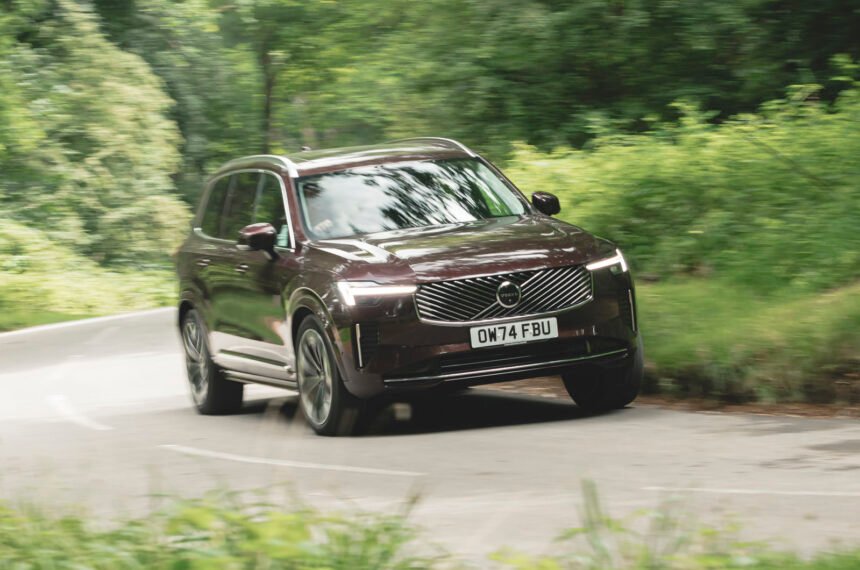Volvo Plans Third-Generation XC90 SUV Despite Delay in Combustion Engine Phase-Out
Volvo has announced that they will be developing a third-generation XC90 SUV, as the brand’s CEO, Håkan Samuelsson, revealed that the phase-out of combustion-engined models is taking longer than originally anticipated. This decision comes after Volvo recently gave the 10-year-old XC90 a facelift and postponed the launch of the EX90 large electric SUV, which was meant to replace the XC90.
Samuelsson confirmed the plans for a new XC90 during the company’s second-quarter earnings call, highlighting that the current model was first introduced in 2015. However, he did not provide a specific launch date for the upcoming third-generation model.
The new XC90 is expected to be a long-range plug-in hybrid, with Samuelsson hinting that the technology will be imported from China. Volvo will soon commence production of the new XC70 plug-in hybrid in China, boasting a remarkable 112-mile electric range. Samuelsson believes that European consumers will show interest in plug-in hybrids with extended ranges, indicating that this technology will be necessary for a longer period than initially predicted.
Although Volvo had initially committed to transitioning to an all-electric lineup by 2030, the brand has revised its plans due to the varying adoption rates of electric vehicles across different regions.
The new XC70 is constructed on Geely’s SMA (Scalable Modular Architecture) platform, which may also serve as the foundation for the next-generation XC90. The facelifted XC90 plug-in hybrid retains a smaller battery capacity of just under 15kWh, in contrast to the XC70’s larger 21kWh or 40kWh options.
However, the XC90’s limited battery capacity could pose challenges under new emissions-testing regulations set to take effect by the end of the year. These regulations will recalibrate the CO2 figures for plug-in hybrids, potentially leading to higher taxes for vehicles with smaller batteries, particularly as company cars.








